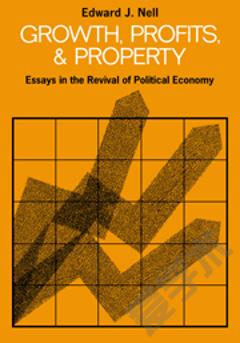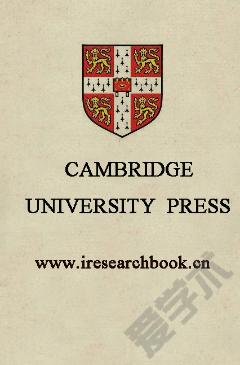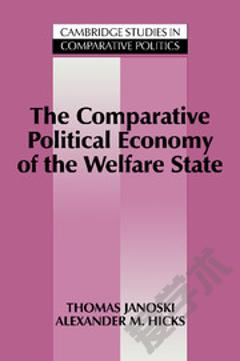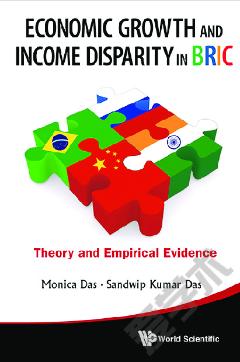The Political Economy of Poverty, Equity and Growth: A Comparative Study
This is a summary of the findings of specially commissioned analytical economic histories of 21 developing countries from 1950 to 1985. It represents an interdisciplinary attempt to identify patterns in the interplay of initial conditions, institutions, interests and ideas which can help to explain the different growth and poverty alleviation outcomes in the Third World. The authors establish frameworks for comparative study, and marshall evidence to argue for the continuing relevance of the classical liberal viewpoint on public policies for development.
{{comment.content}}








 京公网安备 11010802027623号
京公网安备 11010802027623号